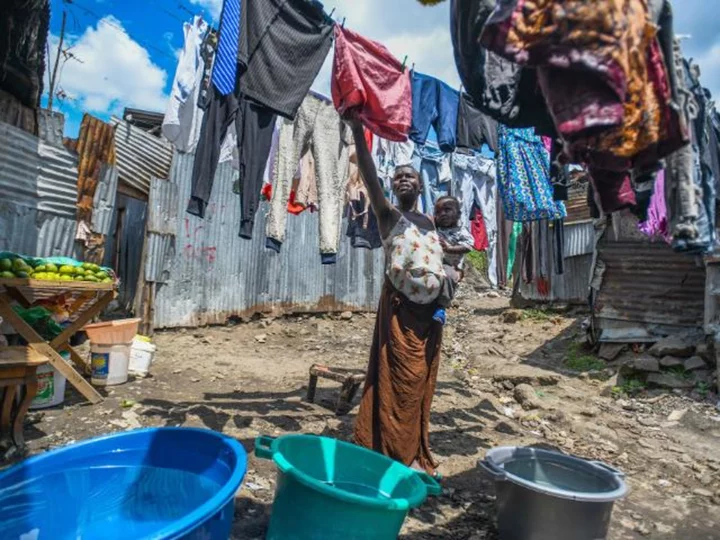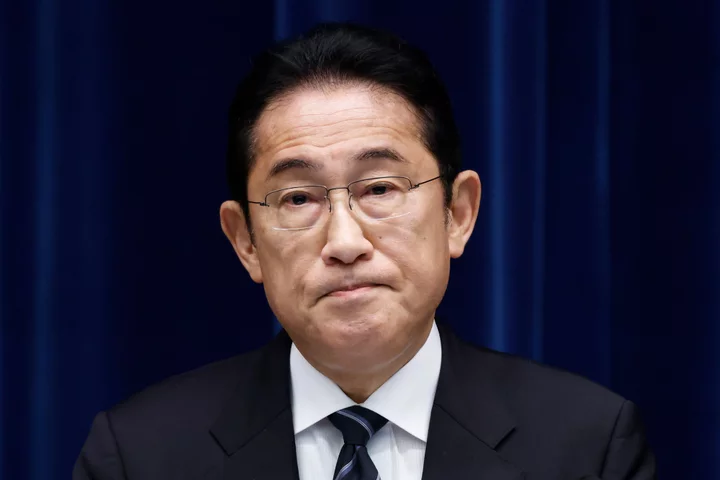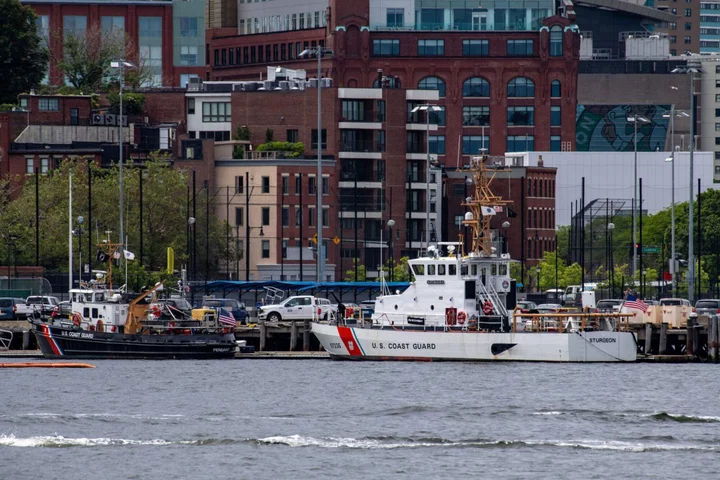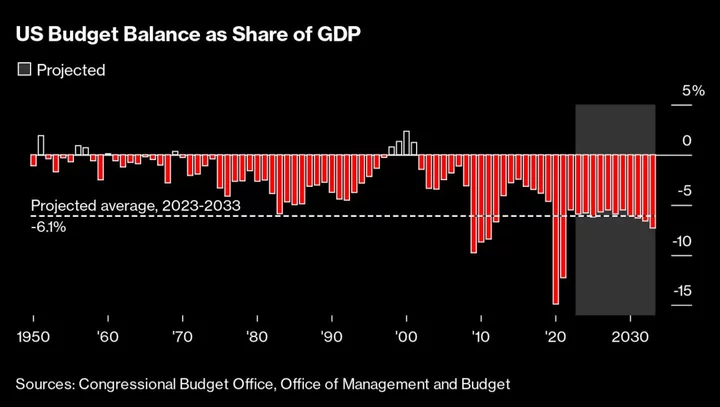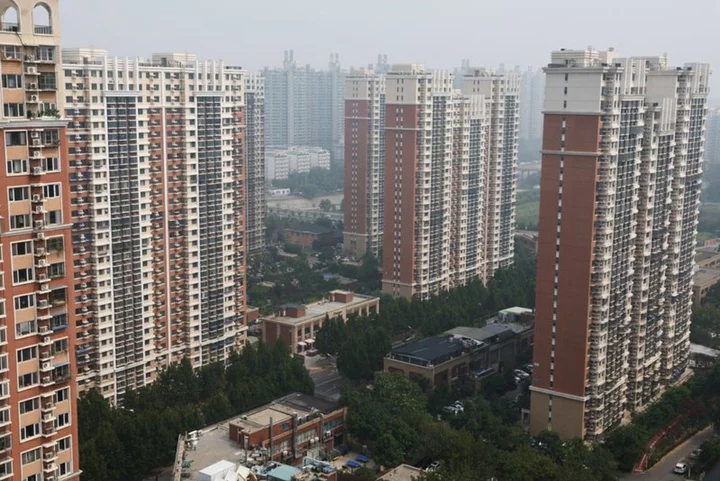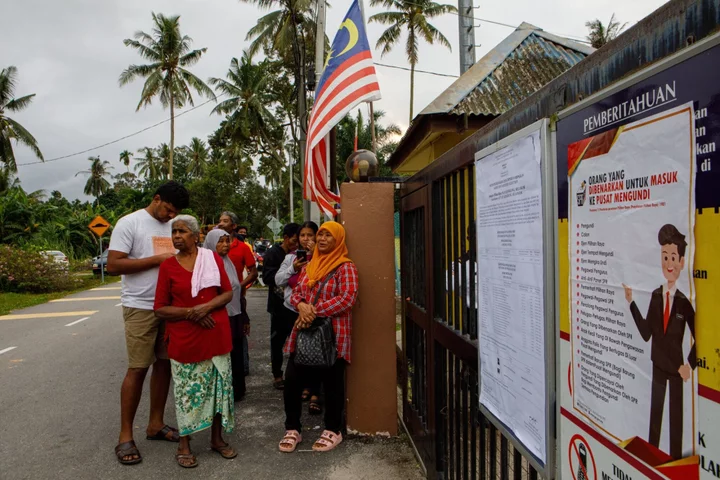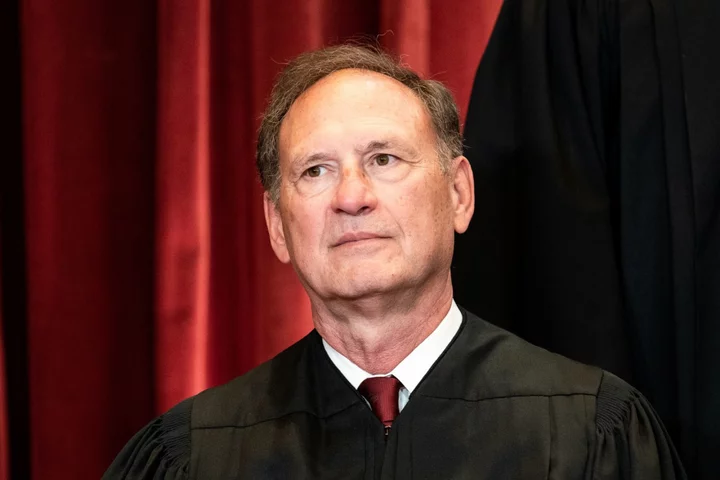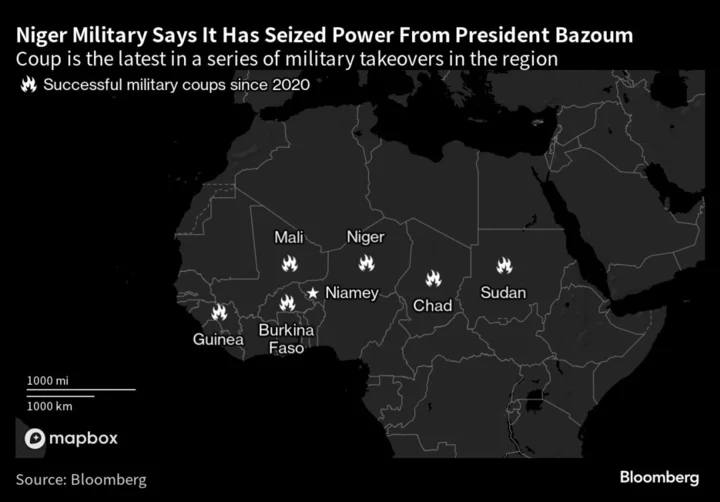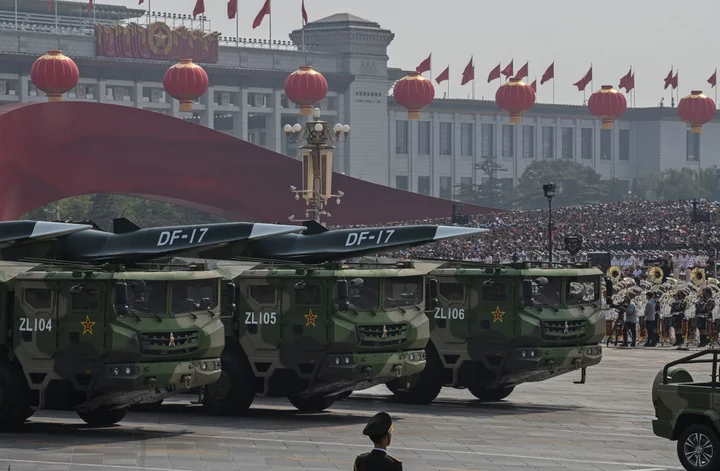More than 230 economists and political leaders have called on the United Nations and the World Bank to do more to tackle the widening gap between the rich and poor around the world, a problem they say many governments are ignoring.
In an open letter published Monday and addressed to UN Secretary-General António Guterres and World Bank President Ajay Banga, the group called for more ambitious targets to reduce inequality and for better measurement of income and wealth disparities.
"Extreme poverty and extreme wealth have risen sharply and simultaneously for the first time in 25 years... The richest 10% of the global population currently takes 52% of global income, whereas the poorest half of the population earns 8.5% of it," the letter said.
"This summer we have a critical opportunity to strengthen our resolve to reduce this deep divide and send a clear signal to people around the world that the institutions designed to serve them are serious about ending this crisis of extreme inequality."
Signatories include former UN Secretary-General Ban Ki-moon, former New Zealand Prime Minister Helen Clark, and economists Joseph Stiglitz, Jayati Ghosh and Thomas Piketty.
The call to action came the day Russia pulled out of a crucial UN-brokered deal allowing the export of grain from Ukraine via the Black Sea. The collapse of the pact threatens to push up food prices globally and tip millions more into hunger.
"Hundreds of millions of people face hunger and consumers are confronting a global cost of living crisis and they will pay the price," Guterres said in a televised statement Monday.
He noted that the deal, agreed in July last year, had helped lower food prices by more than 23% since Russia's full-scale invasion of Ukraine in February 2022, which sent energy and food prices soaring.
Reducing inequality by 2030 was one of the 17 UN Sustainable Development Goals adopted by most governments in 2015. But five years later, global inequality — measured as the difference in average incomes between countries — saw the largest annual rise in three decades, driven by the Covid-19 pandemic, according to the World Bank.
Last October, the global lender also found that progress on reducing extreme poverty had come to a halt. And the UN said in April that the world was way off track to meet the Sustainable Development Goals, which also include targets related to hunger, poverty, health, education and the climate.
The goal to reduce inequality "remains largely ignored," Monday's letter said.
"We know that high inequality undermines all our social and environmental goals... Without a sharp reduction in inequality, the twin goals of ending poverty and preventing climate breakdown will be in clear conflict," it added.
The letter said the World Bank and the UN were "uniquely placed to offer the rallying call for a reduction in inequality that our divided world needs so urgently today. We ask you to seize this opportunity to back stronger goals."
A spokesperson for the World Bank welcomed the ideas proposed in the letter. "We agree that we need to do more to address inequality, and to do better in measuring progress," the spokesperson added in a statement shared with CNN.
At a meeting at the UN headquarters in New York Tuesday, due to be attended by representatives from governments, a group that includes Oxfam and UNAIDS will launch a "call to action" on global inequality.
— Vasco Cotovio contributed reporting.

